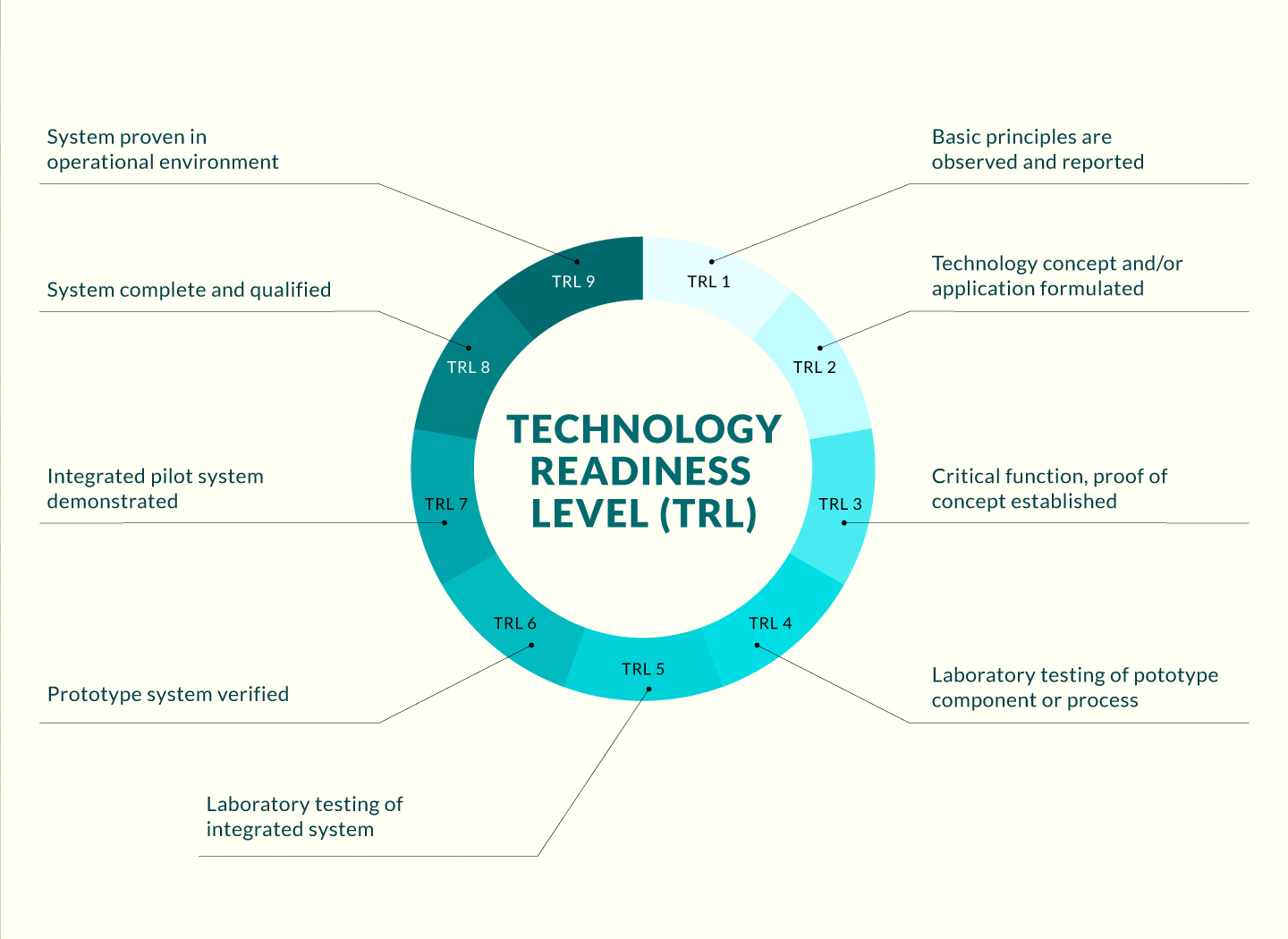

Opportunity
The biggest demand for batteries in the field of stationary energy storage is ultimate safety, while commonly used lithium ion batteries can easily induce thermal chemical reactions inside the battery under conditions such as overcharge, high temperature, and collisions, leading to thermal runaway and fires, as well as the leakage of toxic and flammable gas. At the same time, lithium battery recycling technology is still immature, and heavy metal elements are likely to cause secondary pollution. Aqueous batteries have the characteristics of principle safety and lower cost, and the current energy density can reach 200-300Wh/L, close to lithium iron phosphate. Through technological improvement, the current battery cycle is gradually catching up with lithium batteries, so the use of aqueous batteries in the field of energy storage is a very promising technology.
Technology
Aiming at the research on aqueous batteries and related modules, a high-performance zinc-based battery has been developed by optimizing the electrode, electrolyte, diaphragm and battery structure. The advantages of the battery include absolute safety, high energy density, green environmental protection, no pollution of raw materials, low cost, easy disassembly, and recycling, etc. At present, the maximum battery capacity can reach more than 10Ah for cylindrical and square shell batteries, and about 1KWh for battery modules.
Advantages
- Extreme safety
- Highly environmentally friendly
- Low cost
- Easy to disassemble and recycle, and the recycling process is pollution-free
Applications
- Two-wheeled electric vehicles
- Logistics vehicles
- Energy storage base stations
- Energy storage in oil mines







